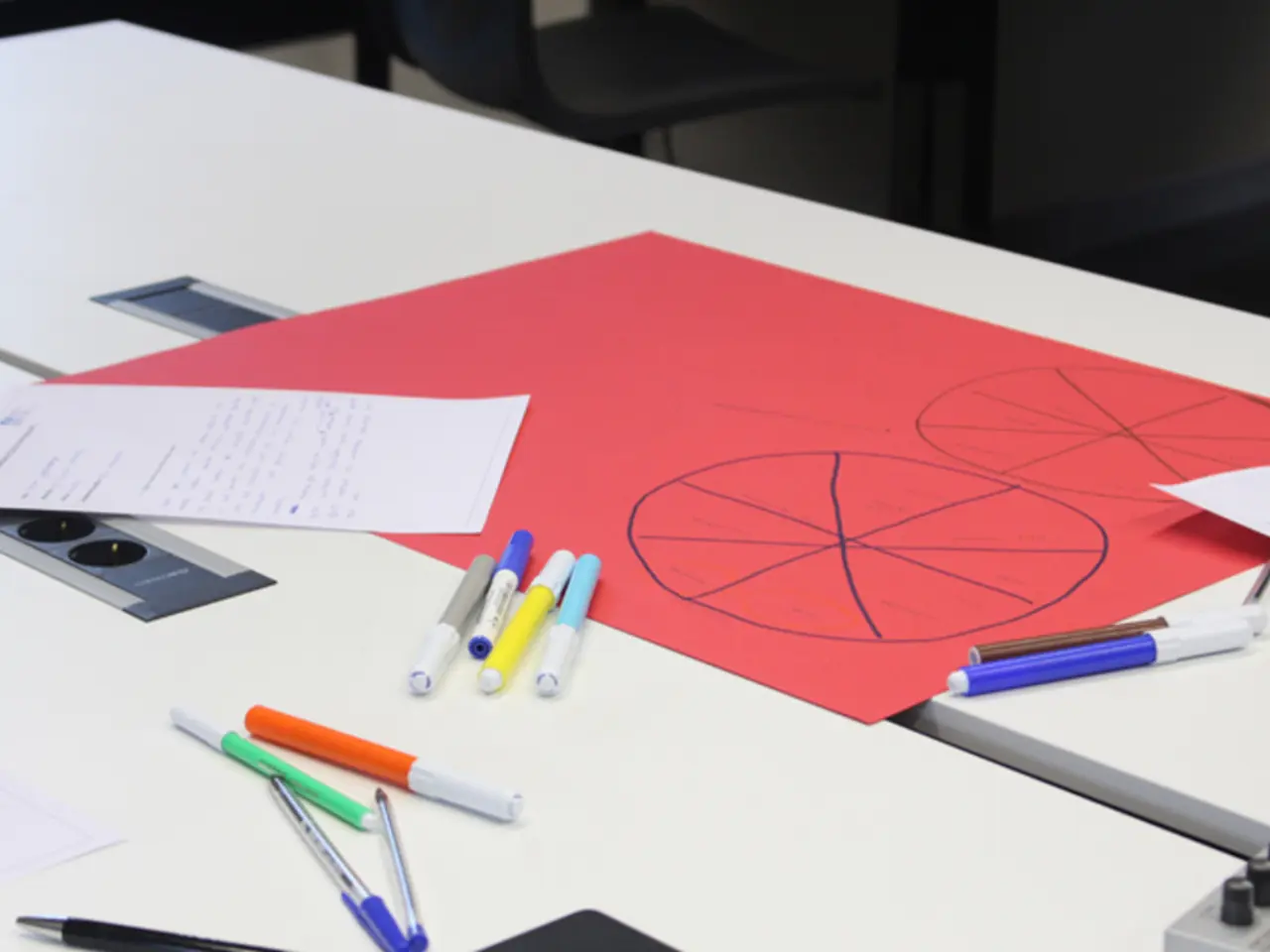Reasoning versus Intelligence
In the realm of psychology, a fascinating debate is unfolding: is rationality more crucial than intelligence when it comes to overall life satisfaction? This question, explored by Professor Heather A. Butler from California State University, challenges our traditional understanding of what truly leads to a fulfilling life.
First, let's define intelligence. It's often measured by IQ, which encompasses visuospatial puzzles, math problems, pattern recognition, vocabulary questions, and visual searches. However, as Butler's research suggests, a high IQ doesn't necessarily guarantee smart behaviour. In fact, highly-intelligent individuals can often blunder at rational decisions and practice little common sense.
Butler, an assistant professor in the psychology department, focused on five components of critical thinking skills, which include verbal reasoning, argument analysis, hypothesis testing, probability and uncertainty, decision-making, and problem-solving. Her study revealed that rational people, who demonstrate these skills, perform better than intelligent individuals in terms of fewer negative life events.
Negative events, as defined by Butler, span various domains of life, such as academic, health, legal, interpersonal, and financial. Examples include having over $5,000 of credit-card debt, forgetting about an exam, being arrested for driving under the influence, cheating on a romantic partner, and contracting a sexually transmitted infection.
Interestingly, rationality is the result of critical thinking, a process that includes unbiased reflection, goal-oriented skills, flexible insight, and real-world interaction. Socrates, the ancient Greek philosopher, once suggested that mental humility might be the key to more rational thought, stating, "The only thing I know is that I know nothing."
As we age, critical thinking can indeed improve, contrary to the belief that wisdom is a gift exclusively for the old. This finding, combined with the fact that rationality predicts well-being, health, longevity, and fewer negative life events, underscores the importance of cultivating rational thinking skills.
Moreover, our brains are more plastic than previously realized, allowing us to learn unbiased reflection and other aspects of rational thinking. This opens up exciting possibilities for personal growth and development.
In pop culture, characters like Mr. Spock from Star Trek, who embodied both intelligence and rationality, serve as inspirational figures in this context. Even the author, after taking a Rationality Test, was pleasantly surprised to discover they were surprisingly rational, despite past mistakes and a lack of world-class intellect.
However, it's important to note that high IQ still predicts academic success, financial reward, career achievement, and less likelihood of criminal behavior. Researchers in this field often make a distinction between reasoning and intelligence, suggesting that both are essential components of a well-rounded individual.
One reason for less rational thought, according to experts, is being a "cognitive miser," or spending less time on a problem than necessary due to overconfidence. This underscores the importance of taking the time to think things through, especially in crucial decision-making moments.
In conclusion, while intelligence is undoubtedly valuable, rationality may hold the key to a more satisfying and successful life. By cultivating our critical thinking skills and striving for rationality, we can navigate life's challenges more effectively and achieve greater overall life satisfaction.
Read also:
- Nightly sweat episodes linked to GERD: Crucial insights explained
- Antitussives: List of Examples, Functions, Adverse Reactions, and Additional Details
- Asthma Diagnosis: Exploring FeNO Tests and Related Treatments
- Unfortunate Financial Disarray for a Family from California After an Expensive Emergency Room Visit with Their Burned Infant








